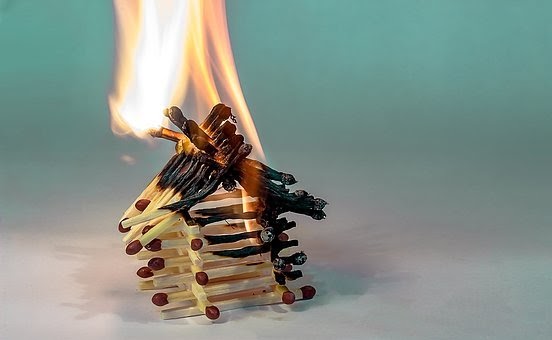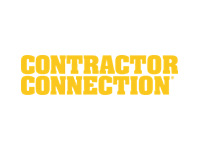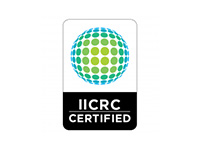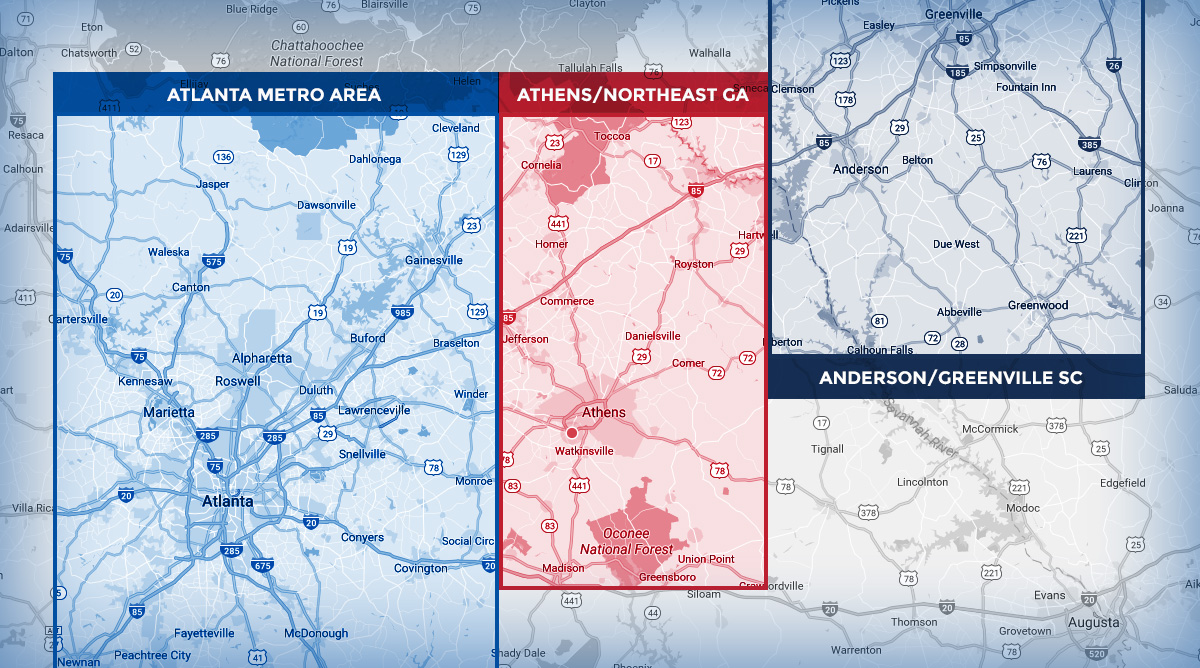There are over 25,000 electrical fires every year in the United States. Many of those fires are preventable and could be avoided if homeowners understand the root causes and take precautionary measures.
Much of your house is flammable and could easily go up in smoke if not properly cared for. You might be surprised by what can lead to an electrical fire in your walls.
Let’s break down the reasons why electrical fires start, so you can evaluate your own risks.
How Electrical Fires Get Started
Before we jump into the many causes of electrical fires, we need to understand how these fires can start.
There are two main ways that an electrical fire can take off: a spark or overheating.
Spark
A spark acts just like a lighter. When electricity does not have a way to complete its circuit, it results in flames. But instead of a controlled gas burn, the wood or drywall in your home acts as the fuel.
Any time a wire, cord, or cable is split or exposed to the elements, a spark can burst out at any moment.
Overheating
When a wire or other electronic device becomes too hot, the casing can start to melt and reveal the inner wires. When a wire becomes red-hot, it will ignite anything it comes in contact with.
Along with igniting, when an overheated wire melts through itself, it can take more wires with it and compound the problem.
Causes Of Electrical Fires
So if sparks and overheating are how these fires can get out of control, let’s investigate what leads to that happening.
Poor Wiring
Frayed cords, loose wiring, bad insulation, incorrectly sized wires, and wrong wires are all common causes of fire. When a wire is installed incorrectly, it poses a serious threat of sparking.
If a wire is stretched too tightly or laid across pipes that get hot, it is at risk of overheating. Always give enough slack when laying wires to avoid this. Never let a wire come into contact with anything hot.
Structural Damage
Damaging a wall can do more than just cause a lack of structural integrity. Remember, walls are not hollow inside, they are filled with the electrical wiring that keeps your house functioning.
Sloppy construction can accidentally split a wire and start a spark. Even moving the couch too many times and banging the wall can slowly start to damage the wiring and jostle it out of place, leaving it susceptible to splitting or overheating.
Pests
Rats and mice are not just a nuisance when they scurry around your floors. The real danger comes when you can hear them but don’t see them.
Little critters chewing through cables can split the casing and lead to high spark potential.
Overloading The Power Supply
A power strip is not magic, you cannot keep adding more devices and sucking more energy without putting a strain on your electrical wiring.
An overloaded circuit could melt its own insulation and lead to 10,000-degree arcs that will ignite everything around it.
Some plugs have fail-safes in place which automatically shut off when being overused, but if your plug or power strip is warm to the touch — start turning off devices and unplugging them.
Lights
Many fires are caused by installing a bulb with a wattage your home cannot handle. Make sure to only use the recommended wattage on any light fixture.
As a rule of thumb, never place anything flammable on top of a bulb, as a hot light will ignite paper or cloth.
Space Heaters
A portable heater that plugs into the wall uses a lot of power to stay warm in the dead of winter. In fact, the majority of electrical fires occur in January for this very reason. But the risk of flames extends beyond the plug sparking.
Coiled space heaters are extremely hot and very flammable around carpets, couches, clothes, paper, and beds — i.e. things your home is filled with. To lower the risk of your heater causing a fire, try a radiator space heater that spreads the heat over its whole surface.
Conclusion — Turn to The Experts
When was the last time you had your wires checked? If you’re worried about electrical fires, IDC can put your mind at ease with a thorough inspection of your home.
Schedule a consultation and protect your house before it is too late.
If you have recently experienced a fire, minor or major, the professionals at IDC are the smoke and fire restoration experts. Reach out to us and get your home restored to better than the day you moved in!













